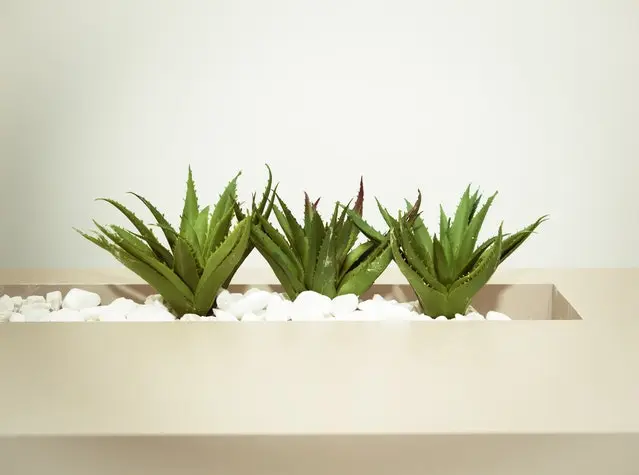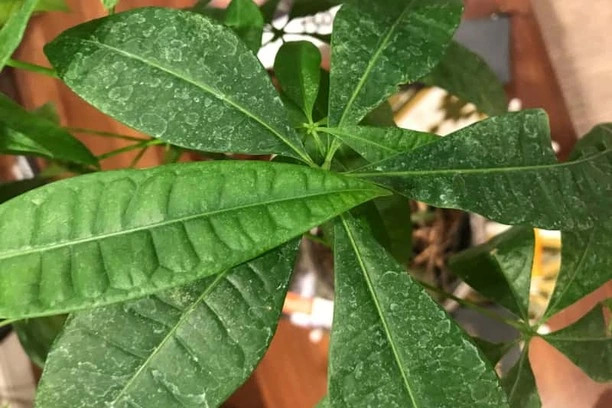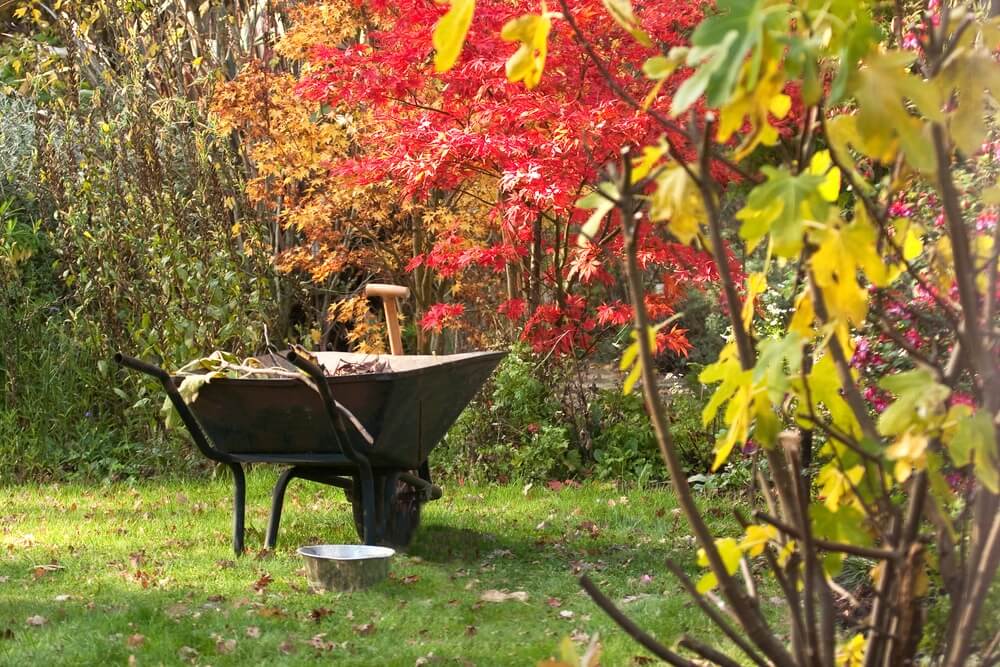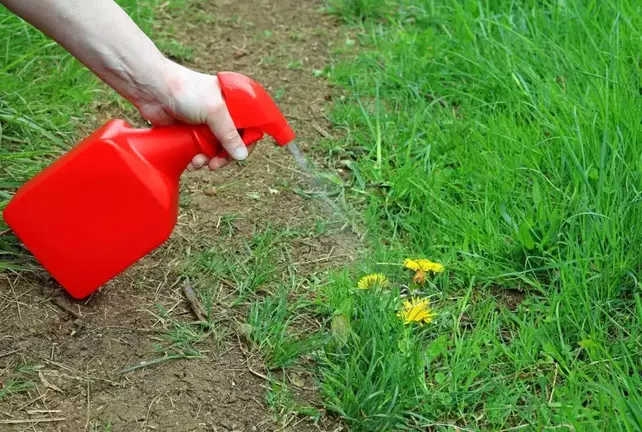Coffee grounds have long been used by gardeners as a natural fertilizer for plants. Some claim that coffee grounds can improve soil quality, increase acidity, and provide nutrients that roses need to thrive. Others argue that coffee grounds can be too acidic and actually harm rose plants.
Research suggests that coffee grounds can indeed be beneficial for roses, but only when used in moderation. Coffee grounds contain nitrogen, phosphorus, and potassium, which are essential nutrients for plant growth. They also improve soil structure and water retention, which can help roses develop strong roots and resist disease. However, excessive use of coffee grounds can make soil too acidic, which can lead to nutrient deficiencies and stunted growth.
Understanding the importance of coffee grounds for roses
Coffee grounds are known for their beneficial properties when it comes to gardening. They are rich in nitrogen, phosphorus, and potassium, which are essential nutrients for plants to grow and thrive. Roses, in particular, can benefit greatly from the addition of coffee grounds to the soil.
When coffee grounds are added to the soil, they help to improve soil structure and water retention. This is because coffee grounds are high in organic matter, which helps to increase soil fertility and improve drainage. Additionally, coffee grounds can help to lower the soil pH, which is beneficial for roses as they prefer slightly acidic soil.
The benefits of coffee grounds for roses don’t stop there. Coffee grounds also contain caffeine, which has been shown to have a positive effect on plant growth. Caffeine can help to stimulate root growth, increase flower production, and even deter pests and diseases.
However, it’s important to note that coffee grounds should be used in moderation. Too much coffee grounds can actually have a negative effect on plant growth, as they can create an overly acidic environment. It’s recommended to use no more than 10-20% coffee grounds in the soil mix.
In summary, coffee grounds can be a valuable addition to the soil when growing roses. They can improve soil structure, and water retention, and provide essential nutrients for plant growth. Just be sure to use them in moderation to avoid any negative effects on plant growth.
Nutritional value of coffee grounds
Coffee grounds are a rich source of nutrients that can be beneficial for plants, including roses. Here are some of the key nutrients found in coffee grounds:
Nitrogen in coffee grounds
Nitrogen is an essential nutrient for plant growth, and coffee grounds are a good source of it. The nitrogen in coffee grounds is in the form of organic matter, which means it is released slowly over time as the coffee grounds decompose. This slow-release nitrogen can help promote healthy growth in roses and other plants.
Potassium and phosphorus in Coffee Grounds
In addition to nitrogen, coffee grounds also contain potassium and phosphorus, two other important nutrients for plant growth. Potassium helps plants regulate water balance and increases disease resistance, while phosphorus is essential for root development and flower production. These nutrients can be especially helpful for roses, which require a lot of energy to produce their beautiful blooms.
Other Micronutrients in Coffee Grounds
Coffee grounds also contain a variety of micronutrients that can be beneficial for plants, including calcium, magnesium, and zinc. These micronutrients can help improve soil health and promote healthy growth in roses and other plants.
It is important to note that while coffee grounds can be a good source of nutrients for plants, they should not be used as the sole source of fertilizer. Instead, they can be used as a supplement to other fertilizers and organic matter.
Overall, coffee grounds can be a valuable addition to a rose garden, providing essential nutrients that can help promote healthy growth and beautiful blooms. However, it is important to use them in moderation and in combination with other fertilizers and soil amendments to ensure the best results.
The Role of Coffee Grounds in Soil Improvement
Acidity and Soil pH
Coffee grounds are known to be acidic, and this acidity can have an impact on soil pH. Soil pH is a measure of how acidic or alkaline the soil is, and it is an important factor in plant growth. Most plants prefer a slightly acidic soil pH, between 6.0 and 6.5. When coffee grounds are added to soil, they can lower the soil pH, making it more acidic. This can be beneficial for plants that prefer acidic soil, such as roses.
Improving Soil Structure
Coffee grounds can also improve soil structure. Soil structure refers to the arrangement of soil particles and the spaces between them. Good soil structure is important for plant growth because it allows for good aeration, drainage, and water retention. When coffee grounds are added to soil, they can help to improve soil structure by increasing the amount of organic matter in the soil. Organic matter helps to bind soil particles together, creating larger aggregates that allow for better aeration and drainage.
Aeration and Drainage
Coffee grounds can also improve aeration and drainage in the soil. Aeration refers to the amount of air in the soil, and it is important for root growth and nutrient uptake. When coffee grounds are added to soil, they can help to increase aeration by creating larger soil aggregates that allow more air to penetrate the soil. In addition, coffee grounds can also improve drainage by increasing the pore space between soil particles. This can help to prevent waterlogging and improve the overall health of plants.
In conclusion, coffee grounds can play an important role in soil improvement. They can help to lower soil pH, improve soil structure, and increase aeration and drainage. However, it is important to note that coffee grounds should be used in moderation, as too much can lead to overly acidic soil. Additionally, coffee grounds should be used in combination with other organic matter, such as compost, to ensure a balanced nutrient content in the soil.
Coffee Grounds as a Compost Component
Composting is an effective way to reduce waste and improve soil health. Coffee grounds are a popular compost component, but how effective are they for roses? In this section, we will explore the benefits and drawbacks of using coffee grounds in composting for roses.
Composting with Coffee Grounds
Coffee grounds are a great source of nitrogen, which is essential for plant growth. They also contain trace amounts of other nutrients, such as phosphorus and potassium. When added to a compost pile, coffee grounds can help speed up the decomposition process and create a nutrient-rich soil amendment.
However, coffee grounds should be used in moderation. Too much coffee can make the compost pile too acidic, which can harm beneficial microorganisms and slow down the decomposition process. It is recommended to use no more than 25% coffee grounds in a compost pile.
The Role of Worms in Composting
Worms are an important part of the composting process. They help break down organic matter and create nutrient-rich castings that can be used as a soil amendment. When coffee grounds are added to a compost pile, worms are attracted to the nitrogen-rich material and can help speed up the decomposition process.
However, it is important to note that worms can be sensitive to acidic environments. Too much coffee grounds in a compost pile can make the environment too acidic for worms to thrive. It is recommended to balance coffee grounds with other compost components, such as leaves and grass clippings, to create a neutral pH environment for worms.
In conclusion, coffee grounds can be a beneficial addition to a compost pile for roses. They provide a source of nitrogen and other nutrients and attract worms to help speed up the decomposition process. However, it is important to use coffee grounds in moderation and balance them with other compost components to avoid creating an acidic environment that can harm beneficial microorganisms and worms.
Coffee Grounds as a Pest Deterrent
Coffee grounds are often touted as a natural pest deterrent, and many gardeners swear by their effectiveness. While there is limited scientific evidence to support this claim, coffee grounds do contain compounds that may repel certain pests.
Pests
Coffee grounds have been reported to repel slugs and snails, which can be a major problem for gardeners. The caffeine in coffee grounds is thought to be the key compound that makes them effective against these pests. Caffeine is a natural insecticide and has been shown to be toxic to a wide range of insects, including slugs and snails.
Weeds
Coffee grounds have also been reported to suppress the growth of weeds. This is because coffee grounds are high in nitrogen, which is an essential nutrient for plants. However, the nitrogen in coffee grounds is not immediately available to plants and needs to be broken down by microorganisms in the soil. This process can take several months, so coffee grounds may not be an effective weed deterrent in the short term.
How to Use Coffee Grounds as a Pest Deterrent
To use coffee grounds as a pest deterrent, simply sprinkle them around the base of plants or in areas where pests are a problem. It is important to note that coffee grounds should not be used in excess, as they can raise the acidity of the soil and harm plants. A thin layer of coffee grounds is all that is needed to repel pests and provide nutrients to plants.
In conclusion, while there is limited scientific evidence to support the effectiveness of coffee grounds as a pest deterrent, many gardeners have reported success with this method. Coffee grounds may be particularly effective against slugs and snails due to the caffeine content. Additionally, coffee grounds can provide nutrients to plants and suppress the growth of weeds. However, it is important to use coffee grounds in moderation to avoid harming plants.
Potential Risks and Precautions
When using coffee grounds as a fertilizer for roses, there are a few potential risks to be aware of. However, with some precautions, these risks can be minimized.
Avoiding Over-Fertilization
One of the biggest risks associated with using coffee grounds as a fertilizer is over-fertilization. Coffee grounds are a nitrogen-rich fertilizer, which can lead to an excess of nitrogen in the soil if used in large quantities. This can result in leaf burn and stunted growth in roses.
To avoid over-fertilization, it is recommended to use coffee grounds in moderation. A good rule of thumb is to mix one part coffee grounds with two parts soil or compost before adding it to the soil around the roses.
Concerns about Caffeine and Toxicity
Another potential risk associated with coffee grounds is the presence of caffeine and other toxic compounds. While the amount of caffeine in coffee grounds is relatively low, some studies have suggested that it can still have a negative impact on plant growth.
To minimize the risk of caffeine and toxicity, it is recommended to use coffee grounds that have been thoroughly composted before adding them to the soil around the roses. This will help to break down the caffeine and other toxins, making them less harmful to the plants.
It is also important to note that while coffee grounds are generally safe for roses, they can be harmful to other plants. This is because some plants are more sensitive to the caffeine and other compounds found in coffee grounds.
In summary, while there are some potential risks associated with using coffee grounds as a fertilizer for roses, these risks can be minimized with some precautions. By using coffee grounds in moderation and composting them before use, gardeners can enjoy the benefits of this natural fertilizer without risking damage to their plants.
Practical Tips for Using Coffee Grounds
Applying Coffee Grounds to Roses
Coffee grounds can be a great addition to the soil for roses. They provide essential nutrients such as nitrogen, phosphorus, and potassium, which are essential for plant growth. To apply coffee grounds to roses, follow these simple steps:
- Collect the spent coffee grounds and let them dry out for a few days.
- Spread the coffee grounds around the base of the rose plant, avoiding the stem and leaves.
- Gently work the coffee grounds into the soil with a rake or cultivator.
- Water the plant thoroughly to help the coffee grounds settle into the soil.
It is important to note that coffee grounds should not be used as the sole source of fertilizer for roses. They should be used in combination with other organic fertilizers or compost.
Best Time to Fertilize with Coffee Grounds
The best time to fertilize roses with coffee grounds is in early spring when the plants are just starting to grow. This will give the plants the nutrients they need to develop strong roots and healthy foliage. However, coffee grounds can be applied to roses throughout the growing season as needed.
It is important to avoid applying too much coffee grounds to roses, as this can lead to nitrogen burn and other problems. A thin layer of coffee grounds applied once a month is usually sufficient.
In conclusion, coffee grounds can be a great addition to the soil for roses when used in moderation. By following these practical tips, gardeners can help their roses grow strong and healthy.
Alternatives to Coffee Grounds for Roses
While coffee grounds are often touted as a beneficial addition to rose gardens, there are other alternatives that can be just as effective. Here are a few options to consider:
Eggshells
Eggshells are a great source of calcium, which is essential for strong cell walls in plants. Crushed eggshells can be added to the soil around roses to provide this important nutrient. They also help to aerate the soil, which improves drainage and allows roots to grow more easily. Simply crush the eggshells and sprinkle them around the base of the rose bush.
Epsom Salt
Epsom salt is another popular option for rose growers. It contains magnesium and sulfur, both of which are important for plant growth. Magnesium helps to promote healthy foliage, while sulfur helps to prevent disease. To use Epsom salt, simply dissolve 1 tablespoon in a gallon of water and apply it to the soil around the rose bush.
Other Options
In addition to eggshells and Epsom salt, there are several other alternatives to coffee grounds that can be beneficial for roses. These include:
- Compost: Adding compost to the soil around roses can improve soil structure and provide a range of nutrients.
- Bone meal: This is a good source of phosphorus, which is important for root development and flower production.
- Fish emulsion: This is a liquid fertilizer made from fish waste. It is a good source of nitrogen, which is important for foliage growth.
When choosing an alternative to coffee grounds, it’s important to consider the specific needs of your roses. Some plants may require more of certain nutrients than others, so it’s important to do your research and choose the option that will work best for your garden.
Conclusion
Coffee grounds can be a useful addition to a rose garden. The research shows that coffee grounds can provide nutrients to the soil, improve soil structure, and repel pests. However, it is important to use coffee grounds in moderation and mix them with other organic matter to avoid nitrogen burn.
Overall, the benefits of using coffee grounds as a soil amendment for roses are clear. They can help increase the acidity of the soil, which is beneficial for roses, and provide a slow-release source of nitrogen, phosphorus, and potassium. Additionally, coffee grounds can improve soil structure by increasing porosity and water-holding capacity.
It is important to note that coffee grounds should not be used as a sole source of fertilizer and should be mixed with other organic matter. Additionally, it is recommended to use coffee grounds that have been composted or aged, as fresh coffee grounds can be too acidic for some plants.
In conclusion, coffee grounds can be a valuable addition to a rose garden, but should be used in moderation and mixed with other organic matter. By following these guidelines, gardeners can reap the benefits of using coffee grounds without causing harm to their plants.
Frequently Asked Questions
How often should coffee grounds be used on roses?
Coffee grounds can be used on roses once a month during the growing season. Overuse can lead to excessive acidity in the soil, which can harm the plant.
Can coffee grounds be used for potted roses?
Yes, coffee grounds can be used for potted roses. However, it is important to use them sparingly, as potted plants have less soil to absorb the nutrients and can be more sensitive to changes in pH levels.
What are the benefits of using coffee grounds on roses?
Coffee grounds can provide several benefits to roses. They can improve soil structure, suppress weed growth, and provide a slow-release source of nitrogen, phosphorus, and potassium. The acidity in coffee grounds can also help to lower the pH level of alkaline soil, which is beneficial for roses.
How do you apply coffee grounds to roses?
Coffee grounds can be applied directly to the soil around the base of the rose plant. They can also be added to compost or mixed with other organic materials before applying. It is important to avoid piling the coffee grounds too close to the stem of the plant, as this can cause the stem to rot.
Do eggshells and coffee grounds work well for roses?
Eggshells and coffee grounds can work well together for roses, as the calcium in eggshells can help to balance the acidity in coffee grounds. Crushed eggshells can be added to the soil along with coffee grounds for added benefits.
Which other plants benefit from coffee grounds?
In addition to roses, other plants that can benefit from coffee grounds include azaleas, blueberries, camellias, and hydrangeas. These plants also prefer acidic soil and can benefit from the slow-release nutrients provided by coffee grounds.



